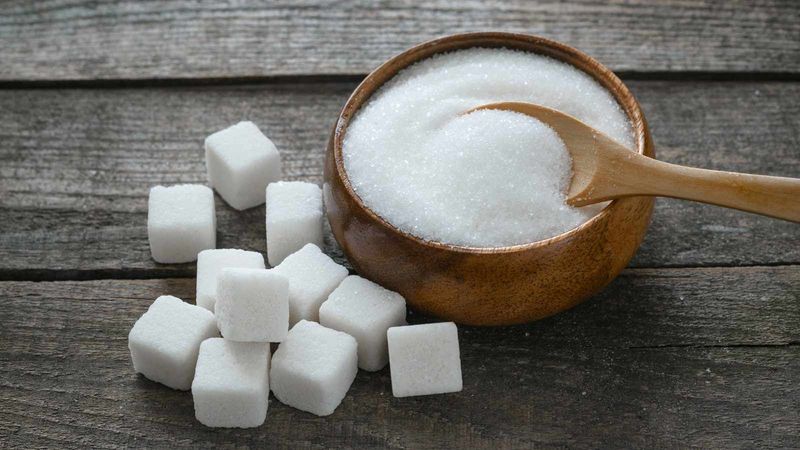10 Side Effects of Ketchup Nobody Will Tell You About
Ketchup is a staple condiment that is commonly found in many households. It is a versatile sauce used on various foods, from burgers and fries to eggs and sandwiches. While ketchup may seem harmless and delicious, some side effects are associated with consuming too much. In this article, we will explore ten side effects of ketchup that you may not know about.
High Sugar Content

One of the main ingredients in ketchup is sugar and lots of it. A tablespoon of ketchup can contain up to four grams of sugar, about one teaspoon. This content may not seem like a lot, but considering how much ketchup people often use on their food, it can add up quickly.
High Sodium Content

Another main ingredient in ketchup is salt or sodium. Just like with sugar, the serving size of ketchup often underestimates how much people use. A tablespoon of ketchup can contain up to 160 milligrams of sodium, about 7% of the recommended daily intake.
Weight Gain

Due to its high sugar and salt content, ketchup can contribute to weight gain if consumed in large quantities. The extra calories from added sugars and unhealthy fats in ketchup can contribute to weight gain, especially when paired with high-calorie foods like burgers or fries.
Aggravated Allergies

Ketchup contains various ingredients that can trigger allergies in some individuals, like tomatoes, vinegar, and spices. People with food sensitivities or intolerances may experience skin rashes, hives, or stomach discomfort after consuming ketchup.
Interference with Medications

If you take medications for high blood pressure or heart disease, the high sodium content in ketchup can interfere with their effectiveness. It is essential to consult with your doctor about possible food interactions if you are on any medication.
Acid Reflux

The acidic nature of tomatoes, combined with the vinegar in ketchup, can trigger acid reflux or heartburn in some people. Excessive consumption of ketchup may lead to irritation of the esophagus, causing discomfort and inflammation.
Can Damage Tooth Enamel

The high sugar content in ketchup can contribute to tooth decay and cavities. When sugar comes into contact with bacteria in the mouth, it produces an acid that eats away at the tooth enamel. Over time, this can lead to dental problems and tooth sensitivity.
Increase in Blood Pressure

The high sodium content in ketchup can raise blood pressure levels, especially in individuals with hypertension or at risk for heart disease. Excessive consumption of ketchup can increase water retention and lead to higher blood pressure readings.
Digestive Issues

Ketchup contains a variety of spices and ingredients that can irritate the digestive system and cause bloating, gas, and abdominal discomfort. Individuals with digestive disorders like IBS or Crohn’s disease may need to limit their ketchup consumption.
Contains Harmful Additives

Not all ketchup brands are created equal, and many contain harmful additives like high fructose corn syrup, artificial sweeteners, and preservatives. These ingredients can adversely affect overall health and should be avoided when possible.
